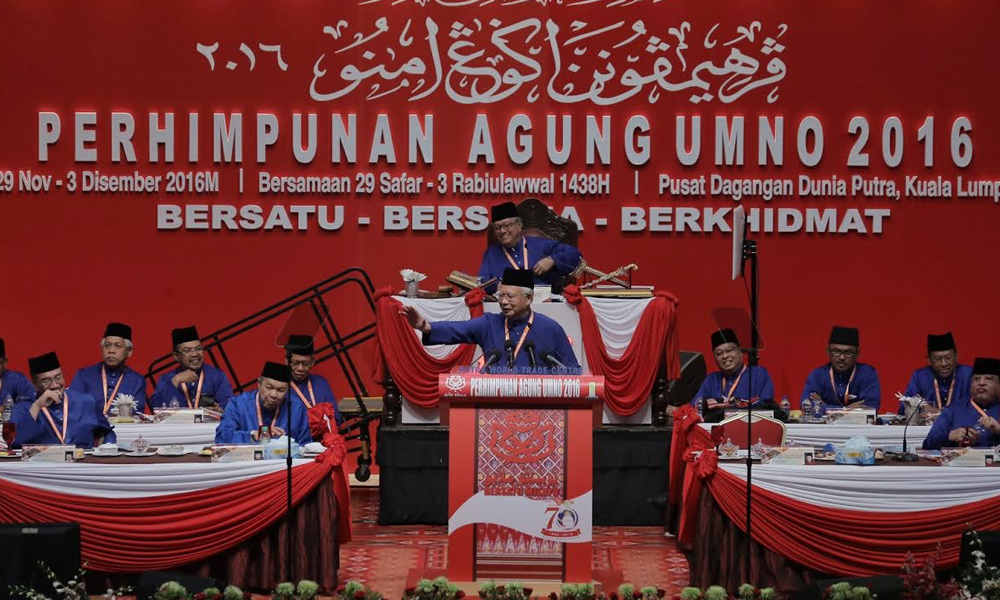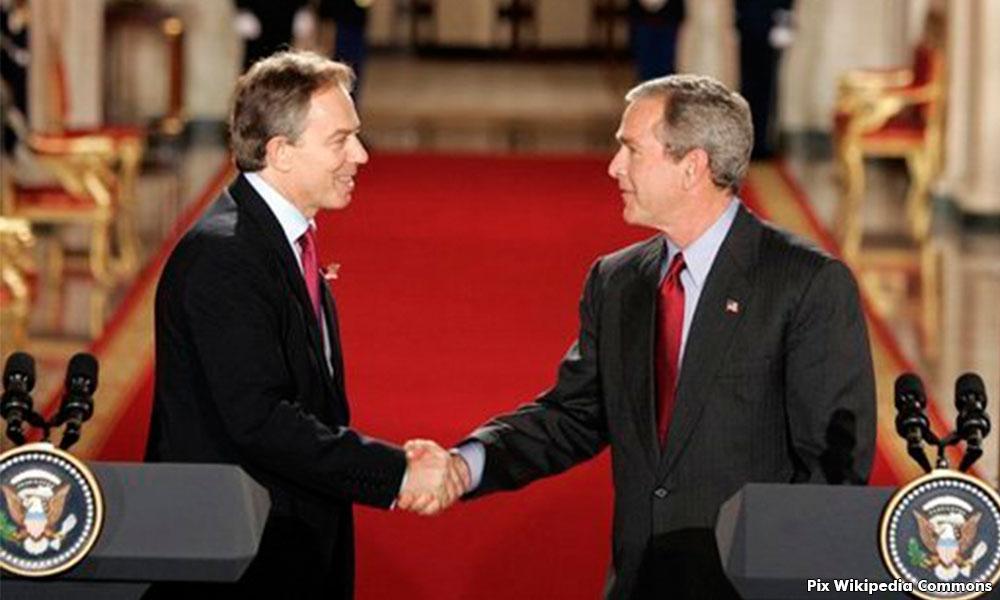
Going through old magazines, I came across an essay by a dear friend on the state of political discourse in Malaysia in the 1980s. The essay was based on our weekly musings over swigs of cold Guinness and warm tea in a corner coffee shop in Petaling Jaya.
We had turned our mind maps into a paper that my friend Quah Yong Gin authored, back in the days of note pads, cassette recorders, typewriters, and 10 sen calls from public telephones.
But our preoccupation with the polarised discourse back in 1986 is still as relevant to the dismal state of public communication in Malaysia today.
Gin passed away a few years ago, way too early. As a tribute to Gin, a psychologist and social worker who would have had much to contribute to the national conversation today, I’m reproducing in parts an updated version of the essay.
A tool of abstraction
“This is nothing but politics.”
“You wouldn’t understand, you’re not our generation.”
“They are nothing but a menace to society.”
“You wouldn’t understand, you’re not our generation.”
“They are nothing but a menace to society.”
Common in these statements is the peculiar use of language to explain certain experiences. Several processes are implicit: (1) the reduction of behaviours to a single explanation; (2) the certainty of prior evaluation and a finality of judgement; (3) an uncritical acceptance of one’s own evaluation and its emotional strings; and (4) the unacknowledged hidden motives and assumptions of such evaluations.
To understand these implications, we have to understand the nature of thought and language. Is it possible to think without language? Without language – spoken or signed – how would you express your experience of grief and joy, despair and hope, defeat and triumph? For the artist, it may be through images and colours, the musician through keys and chords.
Yes, unconscious thoughts are possible without a formal language, but language lets us know that we are thinking. It is a conscious process; “I think; therefore I am.” I myself think, and even dream, in English. Language enables us to think and express ourselves.
Thinking is an activity of the mind, and language provides the tool of abstraction, which makes thinking possible.
The information processing theory suggests that we can handle the highest amount of information through sight, followed by touch, hearing, smell and taste. But the resolving power of the human mind is limited; it is influenced by our situation, emotions and environment.

The human mind’s capacity to extract, abstract and process information in the digital communication era is still being theorised in the field of psychology, education, philosophy, mathematics, computer science, and so forth.
After reading this article, for instance, you would likely leave out, ignore or forget some of the information. This could be due to the topic, the language, the length – and your mood and purpose in reading this article. This abstracting process applies to how we think and communicate with others and ourselves.
Language is itself an abstraction. Our thinking using language is “an abstraction of an abstraction.” Understanding the implications of using language to think is fundamental to our general well-being.
To return to the three example sentences in the introduction, the four processes implied in their expressions are the traits that describe the polarisation process in thinking and communication. This is a common behavioural phenomenon.
Polarisation is natural
Edward de Bono, author of “The Use of Lateral Thinking,” said that polarisation is a natural habit of the mind. In his later “Atlas of Management Thinking,” he notes that “polarisation arises from the pattern-making nature of the mind.”
To create distinct patterns, de Bono says, the mind has to distinguish a things from another. The practical purpose of polarised thinking is judgement; polarised thinkers need to know what to agree with and what to attack.
De Bono also states that: “Compromise deprives a thinker of the emotional base that all objective thinking requires. The highly emotional thinkers are those who use emotion to drive logic.
“Paradoxically, there is a conversion phenomenon in which a person, who is violently polarised on one side, may very suddenly switch to the other side. It happens in religion, and it happens in politics.”
These very tendencies have contributed to the mental short-circuiting that makes us intellectual slaves to words that hold us spellbound. We are unable to critically appraise our thinking, being trapped in this conference of words chasing words.
Thus, we have unwittingly become slaves of the mind manipulators – the spin doctors, the demagogues, and populist politicians. This is intensified with the confirmation biases embedded in the algorithms of search engines and social media apps.
Classic examples that abound with dictatorial messages stating to the effect that “if you’re not for us, you’re part of the problem” was during the Nazi ascent in 1930s Germany.
Adolf Hitler is quoted by the New York Times as saying that “Everyone in Germany is a National Socialist; the few outside the party are either lunatics or idiots.”

In the anti-terrorism campaign after the 9/11 attacks in New York, George W Bush said: "Every nation, in every region, now has a decision to make. Either you are with us, or you are with the terrorists.”
Current President Donald Trump’s timeworn propaganda manoeuvres consist of using easy-to-remember slogans like “America First” and us-versus-them codes in his dog-whistle politics.
Meanwhile, on our home front, we witness the fear-stoking, Chinese-bashing rhetoric at the annual Umno general assemblies. Language that cripples our thinking cripples our well-being and our communities.
Such is the insidious harms of polarising language, that leads the unwitting masses to make forced choices, stirs up responsive and unquestioning emotions within them, and secures their beliefs in a closed argument, which excludes the possibilities of compromise.
This polarising process channels our binary thinking into mutually exclusive extremes, as either/or, good/bad, success/failure, right/wrong, strong/weak, black/white, patriotic/traitor, and so forth. The world is experienced in terms of absolute entities with very little common ground in between.
As this process is subtle and unconscious, it is difficult to detect. But then the attractiveness of this polarised thinking and communication lies in its very simplicity.
ERIC LOO was Senior Fellow (Journalism) at the School of the Arts, English & Media, Faculty of Law Humanities & Arts, University of Wollongong, Australia. He is founding editor of 'Asia Pacific Media Educator'. Email: eloo@uow.edu.au.- Mkini


No comments:
Post a Comment
Note: Only a member of this blog may post a comment.